Search results for 'red'
-
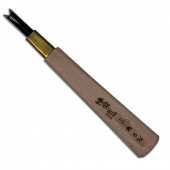
Sankaku-toh 6mm (V Shape)
£36.00Call to Order
-

Pfeil Lino and Woodcut Tools
Starting at: £20.00
Call to Order
-
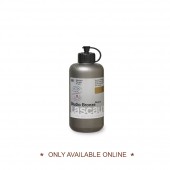
Lascaux Studio Bronze Colours 250ml
Starting at: £34.40
Call to Order
-
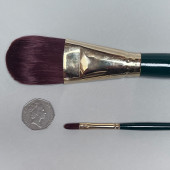
Roberson Interlon Series 64 Filbert
Starting at: £5.60
Call to Order
-
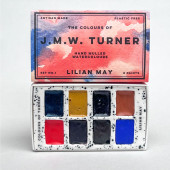
Lilian May, J.M.W. Turner Watercolour Box Set, 8 Wells
£40.00Call to Order
-
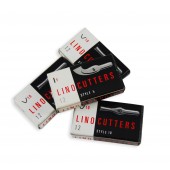
Lino Cutters in Boxes of 12
Starting at: £8.10
Call to Order
-
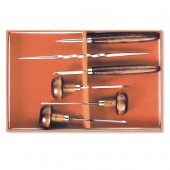
Lyons Intaglio Tool Set
£91.25Call to Order
-
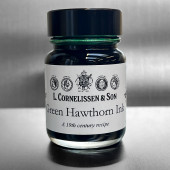
Cornelissen Historical Inks, Green Hawthorn Ink 30ml
£6.50Call to Order
-
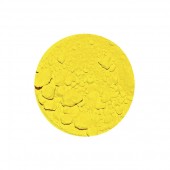
Chrome Yellow Light Pigment
Starting at: £10.00
Call to Order
-
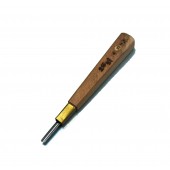
Komasuki 3mm (U Shape)
£31.00Call to Order
-
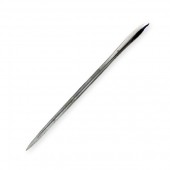
Lyons Burnisher and Scraper
£28.00Call to Order
-

Lyons Linoleum Tool Set
£71.10Call to Order
-
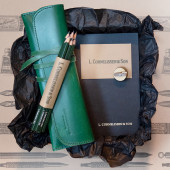
Cornelissen Gift Set, Drawing
£65.00Call to Order
-
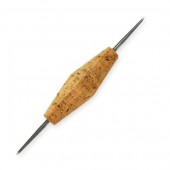
Lyons Double-Ended Drypoint Needle
£16.80Call to Order
-
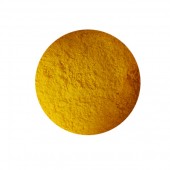
Orpiment Pigment
Starting at: £12.75
Call to Order
-
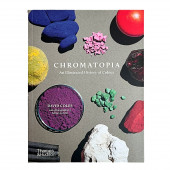
CHROMATOPIA: An Illustrated History of Colour
£18.95Call to Order
-
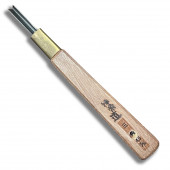
Sankaku-toh 4.5mm (V Shape)
£36.00Call to Order
-
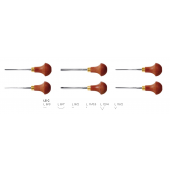
Pfeil Professional Lino and Wood Set C
£125.00Call to Order
-

Cornelissen Gift Set, Watercolour
£150.00Call to Order
-

Swann Morton Scalpel Blades
Starting at: £1.20
Call to Order
-
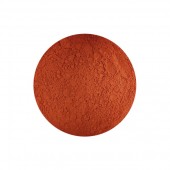
Vermilion Genuine Pigment
Starting at: £17.00
Call to Order
-
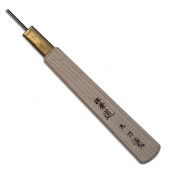
Komasuki 1mm (U Shape)
£31.00Call to Order
-
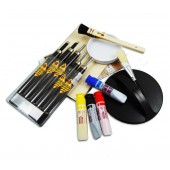
Japanese Complete Woodblock Set
£55.00Call to Order
-
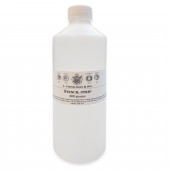
Stencil Strip 500ml
£10.00Call to Order
-
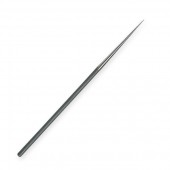
Friedr. Dick Light Scriber
£27.30Call to Order
-
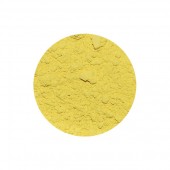
Naples Yellow Light Pigment
Starting at: £7.40
Call to Order
-

STAEDTLER Double-Hole Tub Sharpener
£5.25Call to Order
-
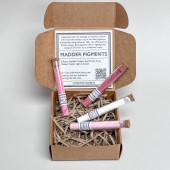
London Pigment, Madder Pigment Set
£40.00Call to Order
-
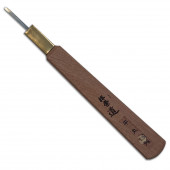
Sankaku-toh 1.5mm (V Shape)
£36.00Call to Order
-
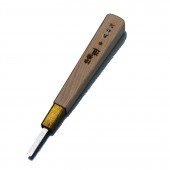
Aisuki 4.5mm (Chisel Shape)
£28.00Call to Order





